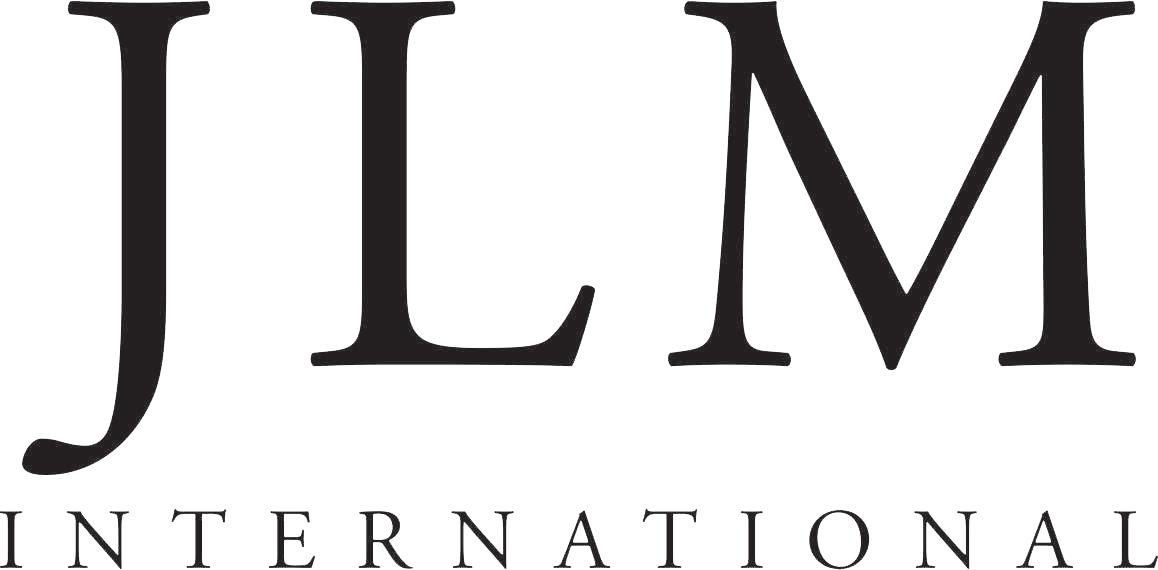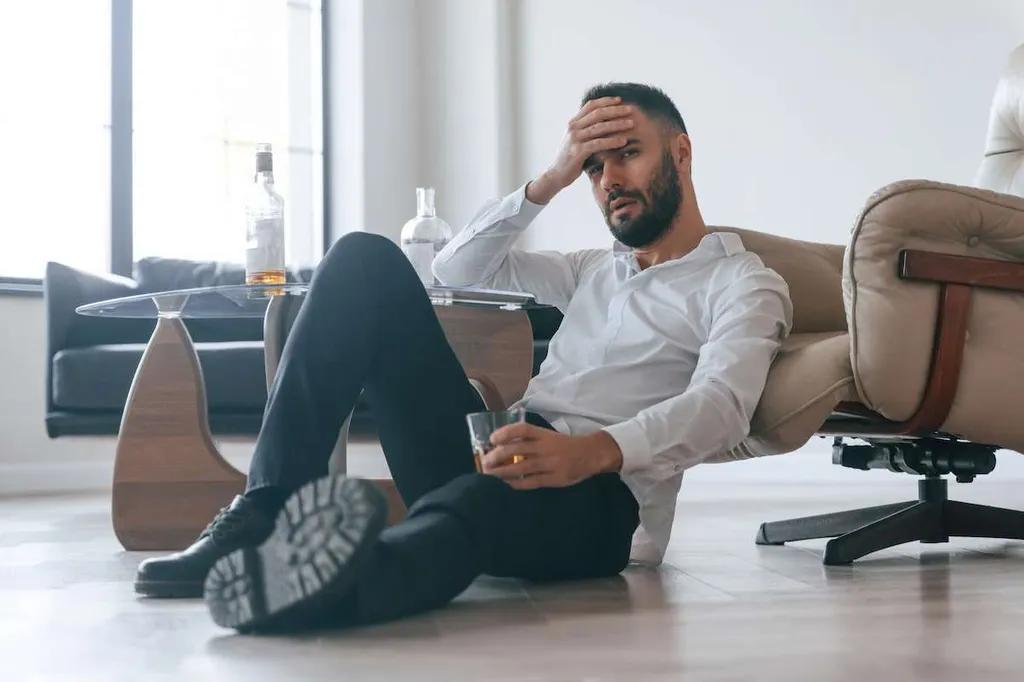
A critical indicator is the development of increased tolerance and withdrawal symptoms, which can signal an underlying alcohol use disorder. Professional help should be considered if you find yourself needing to drink more to achieve the same level of intoxication or if withdrawal symptoms become apparent. In the tech industry, the rise of remote and hybrid work models has reduced the incidence of in-person after-work socializing, leading to a decline in drinking as a bonding ritual. This shift has been influenced by a recognition of the importance of mental health and the negative consequences of alcohol on well-being. Organizational cultures differ in how they manage social control of drinking norms.
Recent Posts
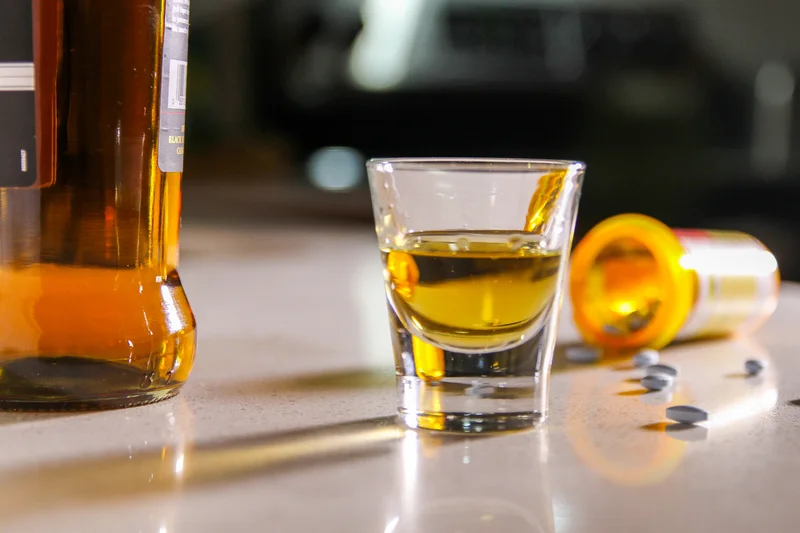
Read on to learn your company’s obligations when serving alcohol to employees and how to minimize the legal risks involved. While it is a common ritual, drinking after work can be a sign of dependency or alcoholism. If you find yourself thinking about that drink all the time, it may be time to cut down or seek help. In conclusion, while having a drink after work may seem harmless, it can have far-reaching consequences for both the individual and their company. It is important to be mindful of the potential risks and to prioritise health, productivity, and inclusivity.
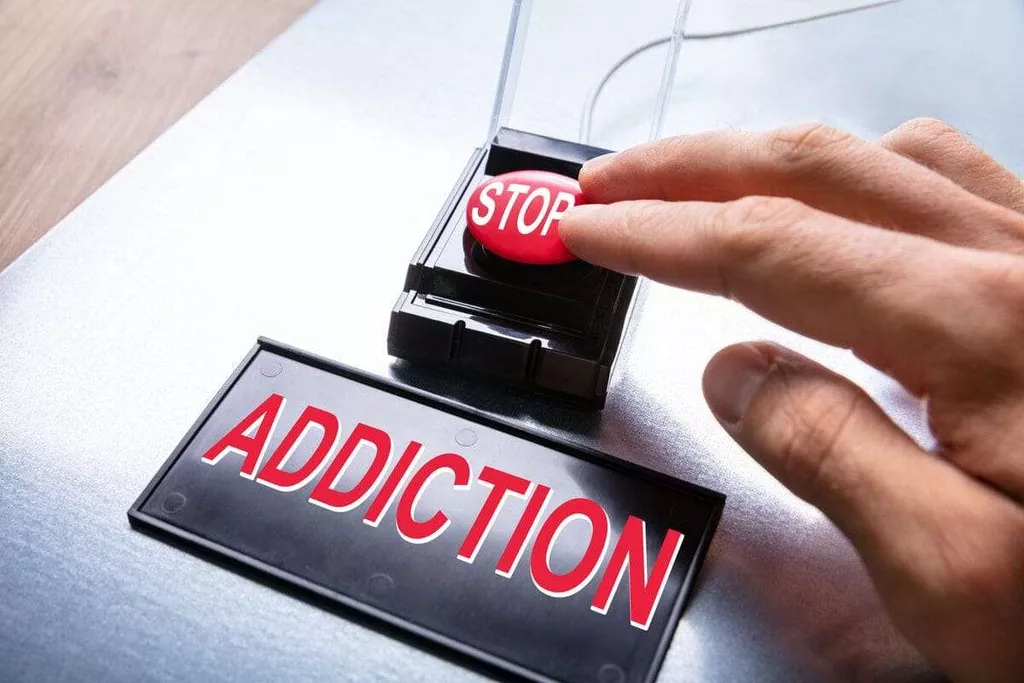
Short-Term and Long-Term Health Risk Of Alcohol
- Unfortunately, none of this advice will eliminate all the anxiety and uncertainty around work drinks for everyone, in part because, while we can manage our own drinking, we can’t control our colleagues’ choices.
- This suggests not only a co-occurrence but also a shared underlying vulnerability involving genetic factors and neural circuits.
- But when drugs or alcohol affects how you do your job now, you don’t have that same protection.
After a demanding workday, alcohol can offer a temporary escape, providing a sense of relaxation and detachment from workplace pressures. Sharing drinks after work can facilitate connections with colleagues, serving as a social lubricant that enhances communication and strengthens professional relationships. Other alcohol experts agree regular, moderate drinking is probably safe. For individuals, drinking after work can also contribute to the development of alcohol dependence or addiction.
- However, absences due to an employee’s substance use do not qualify for FMLA leave, according to the DOL.
- At this stage, the alcoholic is not likely to see any problem with his or her drinking and would scoff at any attempts to indicate that he or she might have a problem.
- Complement your drink with delicious bar snacks or a hearty meal from their menu that champions British culinary excellence.
- However, cause for such testing must be based on a violation of motor vehicle and traffic rules and not mandatory testing by the agency.
- If an employee is injured while drinking at a company event, workers’ compensation might cover the injury.
Why Do People Use Cocaine When Drinking Alcohol?
- When it’s apparent that you work under the influence, your job could be on the line.
- Quite often, treatment will consist of a combination of all of the above, depending on such factors as the severity of the problem, the individual’s insurance coverage, whether detox is needed, and the availability of programs.
- There are numerous healthier alternatives that can help reduce stress and improve overall well-being.
- So, if you’re looking for a light and refreshing cocktail to enjoy after work, the Grapefruit Vodka Martini is definitely worth a try.
- The Centers for Disease Control and Prevention (CDC) emphasizes the importance of supporting mental health to directly impact substance use among adolescents.
- There is also a greater likelihood of success in treatment with an individual who has not yet lost everything and still has a supportive environment to return to, including an intact family, good health, and a job.
The risk for such diseases escalates with the amount and frequency of alcohol intake. Cardiovascular problems are also a notable concern, with evidence suggesting that heavy drinking can lead to hypertension, cardiomyopathy and arrhythmias. Finally, drinking after work can create a culture that excludes those who do not drink or are struggling with alcohol addiction. Companies should offer alternative team-building activities that do not involve alcohol to ensure that all employees feel included and valued. Today, many people across different industries drink after work, with some reporting that they feel the need for a beer to relax and destress. However, it is important to be mindful of potential negative consequences.
- Many Japanese feel that after work parties are an important way to enhance relationships.
- There is always at least one organizer (幹事) responsible for the preparation of the venue.
- When we recognise and understand why we are drinking, it can help us realise that there are alternative, healthier ways to relax.
- While having a drink initially may be fine, if it begins to escalate into alcohol abuse, saying ‘no’ is the best route to take before it’s too late.
- By clearly setting expectations, HR can reduce the likelihood of inappropriate behavior, support inclusivity and demonstrate a proactive approach to workplace safety.
- For someone who is experiencing a stressful day, wine after work, or beer whatever you prefer, may help you feel at ease but the feeling does not last long.
- If an alcoholic employee doesn’t’t get help until very late in the disease, there may have been irreparable harm done to the employee-employer relationship.
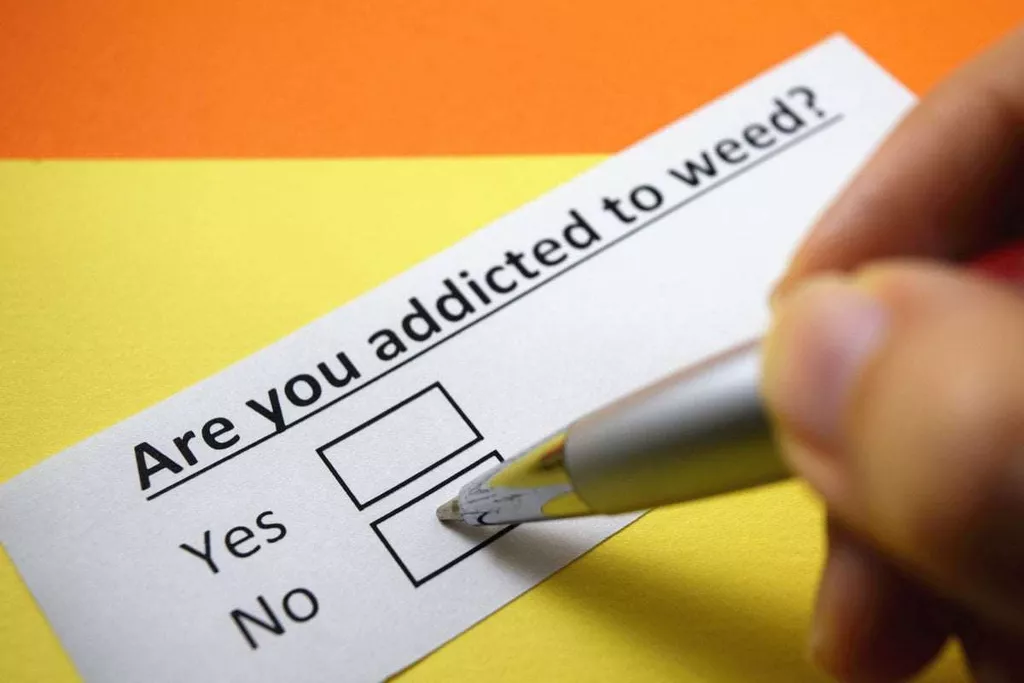
He or she must make a choice between accepting treatment for the alcohol or drug problem and improving job performance or facing disciplinary action, up to and including removal. Still, to be safe, most of the experts The Takeout consulted suggest putting uniform, low, and hard limits on your alcohol intake, even if you work for a company that embraces getting twisted at parties or happy hours. A good rule of thumb is to limit yourself to two drinks per event, broken by a glass of water, and sticking to beer or other low alcohol content beverages, while strenuously avoiding hard liquor, especially shots. You should also make sure to eat beforehand so those drinks don’t hit you hard. If there are bar snacks or hors d’oeuvres available at an event, eat them if you can, as well. Any time you start a new job, your best bet is to play it safe at the first few work events, watching how other people drinking after work behave and mirroring them conservatively until you start to build up a sense of the local drinking culture.
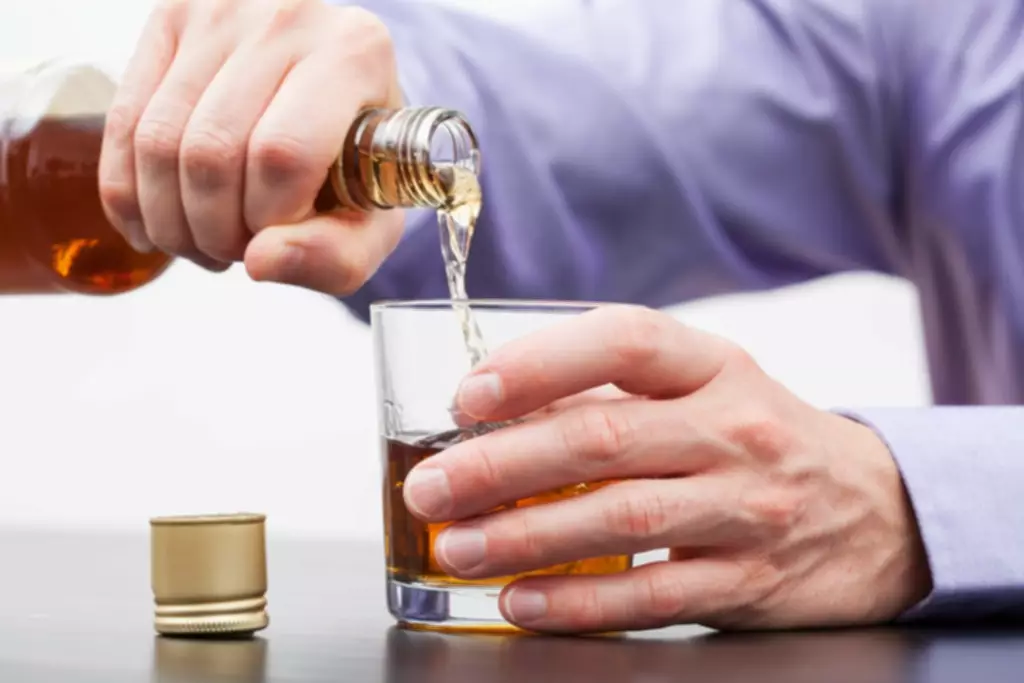
Perhaps that’s why the company holiday party seems to feature heavily in many workplace harassment claims. Unwanted sexual attention and comments are all too common when employees and alcohol mix, which can result in sexual harassment claims against your company. Firstly, it can lead to exhaustion and brain fog, resulting in lower productivity. The average after-work drinking session lasts almost two hours, adding to an already long workday. This can leave employees alcoholism feeling tired and unfocused the next day, impacting their ability to perform their jobs effectively.
